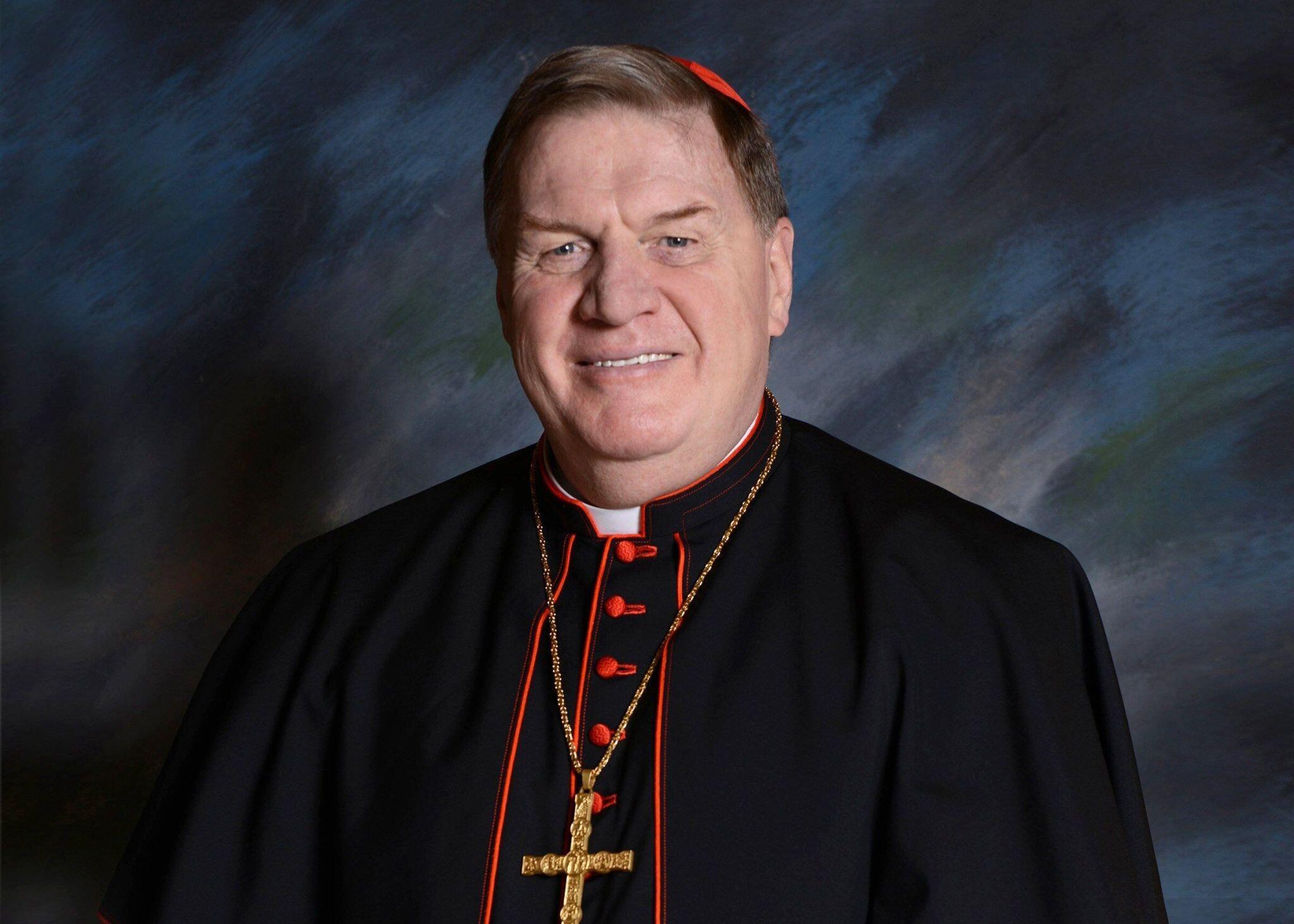Peace is such a simple, universal concept. Why is it so hard to achieve?
During my time of service to my religious order, the Congregation of the Most Holy Redeemer (Redemptorists), I had the privilege of traveling to more than 70 different countries in very diverse parts of the world. In spite of the many differences I observed in places where there were distinct cultures, languages, political structures and religions, I discovered that one thing everyone has in common is the desire for peace.
Peace is such a simple, universal concept. Why is it so hard to achieve—in our personal lives, our families, our neighborhoods and our world?
Peace is the absence of violence, but it’s also much more. St. Augustine called it “the tranquility of order,” which is certainly an important aspect of peace. When we’re at peace, we’re not filled with anxiety; our homes are not filled with loud arguments and discord; our neighborhoods and cities are safe and well-ordered, not threatening or chaotic; and nations, races and peoples live together in harmony and mutual respect without suffering the horrors of prejudice, enmity or war.
But true peace is more than just good order or civility. The Second Vatican Council (“Gaudium et Spes,” #78) teaches that peace is the work of justice and the effect of charity. Peace is much more than the absence of war or the coexistence of nations. Peace is a gift from God, the sum total of many gifts from God that help us live fully with hearts full of justice and love.
This is an excerpt from Cardinal Joseph Tobin’s latest newsletter.



